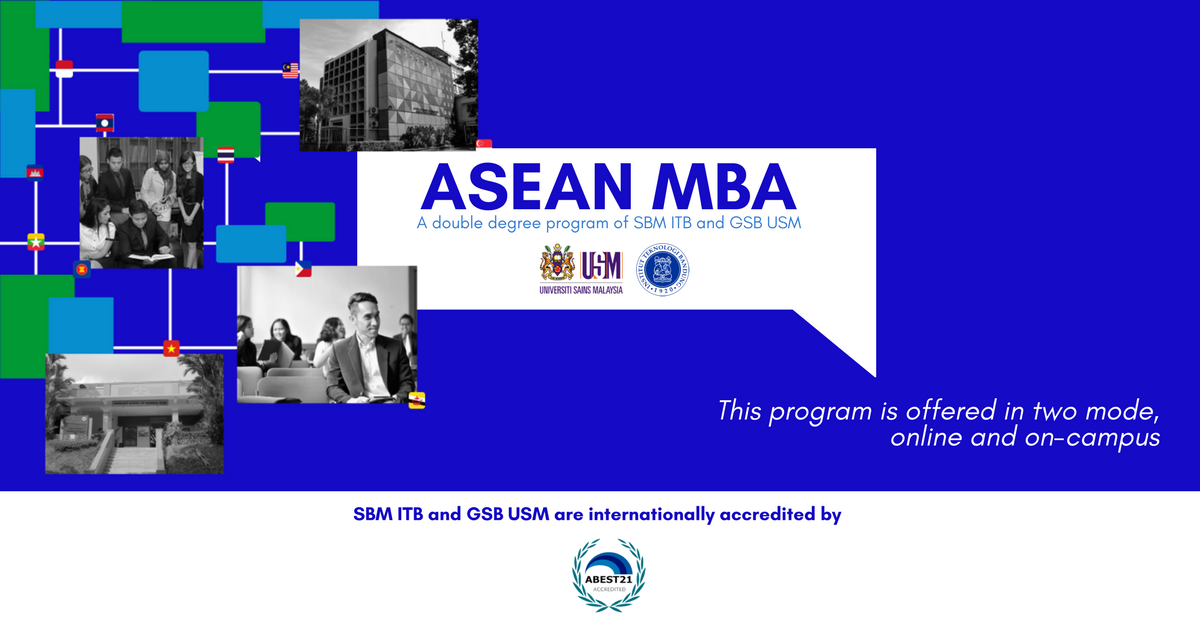
Courses
Study from anywhere in the world alongside your career. Enrollment through GSB USM.
The aim of this course is to improve the soft skill of the participants, related to leadership, communication, practicing opportunistic mindset and teamwork.
The course will be based on the work of Kouzes & Posner through their seminal book “The Leadership Challenge” (Jossey-Bass, 4th Edition, 2007 or 5th edition, 2012). The Leadership Challenge is about how leaders mobilize others to want to get extraordinary things done in organizations. It’s about the practices leaders use to transform values into actions, visions into realities, obstacles into innovations, separateness into solidarity, and risks into rewards. It’s about leadership that creates the climate in which people turn challenging opportunity into remarkable successes.
The course can be summarized by means of key topics such as:
- The Five Practices of Exemplary Leadership: This will be carried out in several sessions in combination with Leadership Challenge Workbook and HBSP cases. This can be considered as the foundation for the subsequent learning activities within the Entrepreneurial Leadership lectures
- Leading Change: This module focuses on the range of leading and managing change issues participants will encounter during their tenure as a leader
- Organizational Culture: This module focuses on the important of culture (including values) to drive business strategy and what are the role of leadership in relation to organizational culture
- Emotional Quotient: This module focuses on the personal aspect which becomes a dominant factor to determine the success of an exemplary leaders
This course is designed to facilitate discussions and explorations related to cross-cultural issues that relate directly and indirectly to management and business. For better or worse, globalization has facilitated the creation of a highly interrelated and interdependent world in which people from various nations and cultures must work together, often in remote teams in different time zones and geographic regions. In other words, globalization has facilitated borderless interactions among people across nations.
For people impacted by globalization, this course helps to understand better how we should deal best with oneself and others to work authentically and effectively. Shocks and conflicting worldviews should become food for thoughts that contribute to individual growth. In various cross-cultural settings, individuals (as team members or managers) are expected to promote work environments of learning from one another.
This course is about self-learning as much as it is about learning about other people from other cultural backgrounds (their worldviews, ideologies, religious backgrounds, etc.). Active and assertive participation in the classroom, as broadly defined, is a critical element of the learning process.
This course aims to provide participants with the understanding of business system among ASEAN (Association of Southeast Asian Nations) member countries.
ASEAN and its 10-member countries illustrates heterogeneity in political economics, law, social and culture, which influence the business systems in this regional. Various business-politics issues from socialism to capitalism are examined via institutional theory and resource based economy theory.
Other aspects of industries and business developments, labor and capital market, governance system in ASEAN member countries are introduced to the course participants. The course evaluates the cultural and its influences on decision makers and risks taking perspectives in this Southeast Asian nations’ regional market.
ASEAN consists of ten nations – Brunei Darussalam, Cambodia, Indonesia, Laos, Malaysia, Myanmar, the Philippines, Singapore, Thailand and Vietnam, which have experienced different level of economic development and trade liberalisation. Due to global uncertainties, ASEAN firms needs to look into new areas to sustain business growth.
The recent move towards economic integration and ASEAN Economic Community (AEC) has promoted intra-trade and intra-investments, and offered new business opportunities such as digital economy, e-commerce and global value chain supports, etc. The process of economic integration is likely to deepen with the construction of Regional Comprehensive Economic Partnership (RCEP).
However, various issues such as trade negotiations, tariff elimination, services sector liberalisation, capital mobility and foreign exchange management are among the key challenges to be addressed.
The course also emphasizes on good regulatory practice (GRP) and corporate governance to nature business sustainability in the ASEAN context.